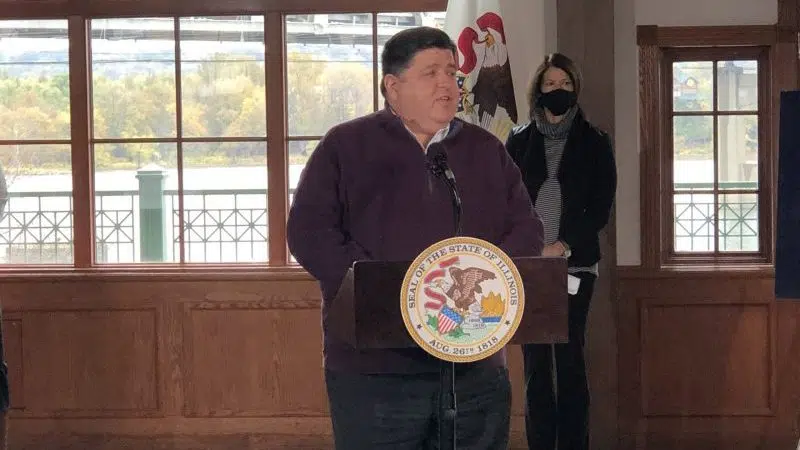DOWNERS GROVE, Ill. — Illinois Gov. JB Pritzker Tuesday signed legislation that will expand healthcare access and affordability for residents on the state’s Medicaid system.
The bill, Senate Bill 2294, makes multiple changes to Illinois’ Medicaid system including expansion of the program to cover new services.
The bill also provides continued Medicaid eligibility through the COVID-19 public health emergency and up to one year past its expiration, regardless of whether it’s federally required or funded.
The legislation also provides:
- Medicaid coverage for whole-health programs
- Veteran support specialists so they receive care that recognizes their unique struggles
- Individual and group programs for those seeking help ending their tobacco addiction
- An expansion of mental health resources through the addition of clinical professional counselors and the creation of a comprehensive statewide behavioral health strategy
- A requirement that in-patient status be given to anyone in need experiencing an opioid overdose, ensuring that lower-income residents aren’t turned away when they need it most
- New coverage of kidney transplant medications regardless of residency status
- An expansion of HFS’s Medicaid enrollment assistance program through application agents, technical assistance, and outreach grants
- An $80 million increase in the supportive living facility (SLF) rate — a 10% increase until March 31, 2022 — paid through federal ARPA funds
“Healthcare is a human right,” said Pritzker. “Here in Illinois, we won’t stop until everyone can access all aspects of it. In recognition of the pandemic that we continue to live in, this legislation expands emergency Medicaid coverage for many months to come.”
Pritzker thanked the bipartisan group of legislators in the Medicaid Legislative Working Group for pushing the bill through the General Assembly.
In addition to signing SB 2294, which takes effect immediately, Gov. Pritzker highlighted that blood supplies are at critically low levels.
Hospitals have seen a rising need for blood products, and there is an urgent need for residents to donate. To find a location to donate blood, visit the American Red Cross website.




